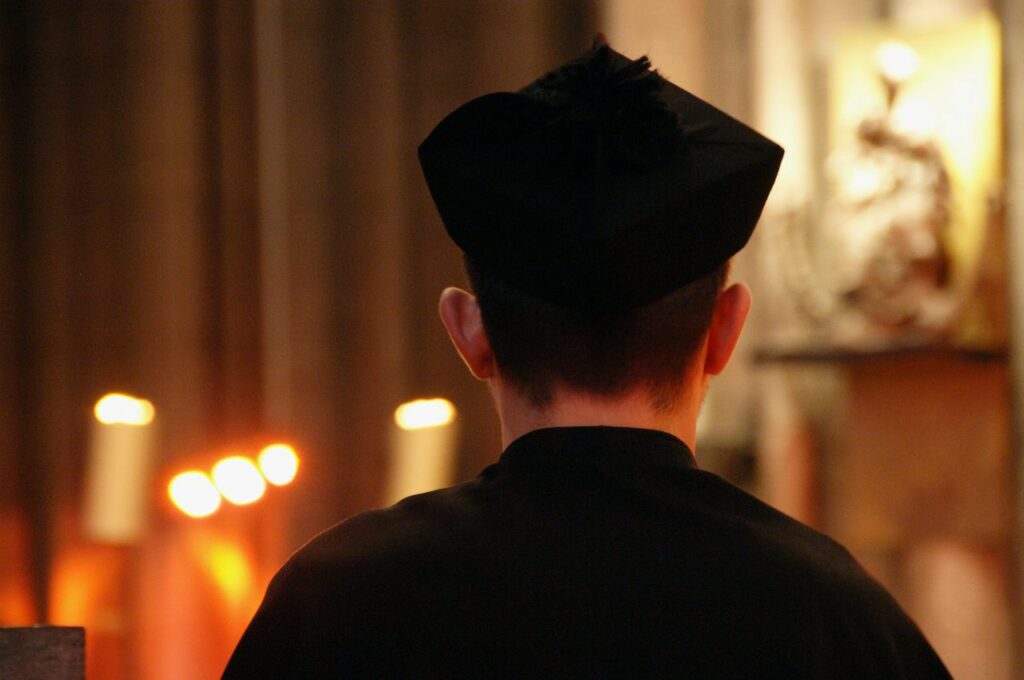An official point of contact has been set up so that Catholics in Flanders who are also part of the LGBTQ community will be able to contact their bishop with questions about homosexuality and religion.
The "Homosexuality and faith" contact point comes at the initiative of the region's bishops who hope to structurally anchor the pastoral care and guidance of LGBTQ people within the Flemish Catholic Church, VRT reports.
"Along the sometimes complex path to recognising, accepting and positively experiencing their orientation, we want to stay close," the Church stated. It added that attention will also be paid to the families of LGBTQ people as well as the wider church community: "better insight can lead to better integration."
'Extremely important'
The church community has already made efforts to be inclusive of LGBTQ people but Flemish bishops now want to make pastoral care a structural element of the institution. "Each diocese will appoint someone to provide the same pastoral attention in the context of diocesan family pastoral care."
A guideline for prayer services to bless same-sex relationships will also be a part of this effort to pay more attention to LGBTQ people. "Often this already happened at the local level but many priests did not know how to organise those celebrations. Now, there is a structure," Willy Bombeek, the coordinator of the new contact point, told De Morgen.
Related News
- Pope describes testimonies of indigenous people in Canada like a 'slap in the face'
- Crisis of faith? Many Belgian Catholics want women priests
- Antwerp bishop 'ashamed' by Church's position on homosexuality
"I think it is really groundbreaking and unseen in other countries that the Church is speaking out so openly," he said. "For many LGBTQ people, it is extremely important that they can celebrate their love for each other before God, along with their families."
However, an official marriage between two men or two women is not possible, Bombeek emphasised. "The word 'marriage' is traditionally reserved for a husband-wife union in church, with a view to procreation. Still, the Catholic Church in Flanders was aware of this issue and found an equivalent alternative adapted to the context."

